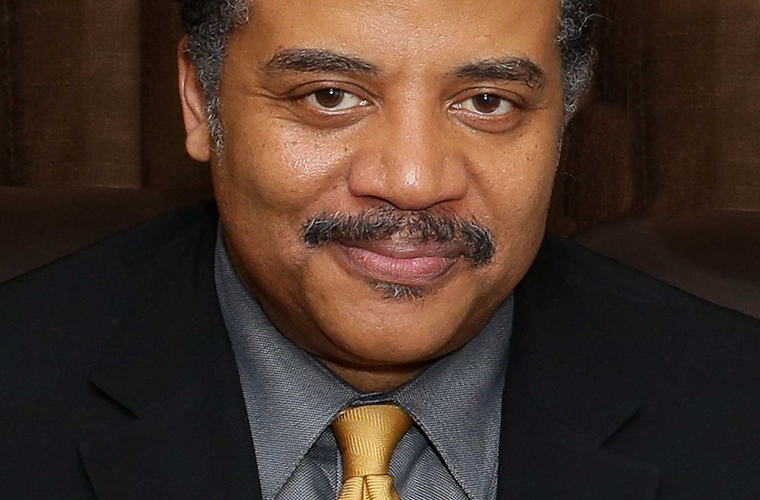Neil deGrasse Tyson, (born October 5, 1958, New York City, New York, U.S.), American astronomer who popularized science with his books and frequent appearances on radio and television. When Tyson was nine years old, his interest in astronomy was sparked by a trip to the Hayden Planetarium at the American Museum of Natural History in New York. Tyson received a bachelor’s degree in physics from Harvard University in Cambridge, Massachusetts, in 1980 and a master’s degree in astronomy from the University of Texas at Austin in 1983. He began writing a question-and-answer column for the University of Texas’s popular astronomy magazine StarDate, and material from that column later appeared in his books Merlin’s Tour of the Universe (1989) and Just Visiting This Planet (1998). Tyson then earned a master’s (1989) and a doctorate in astrophysics (1991) from Columbia University, New York City. He was a postdoctoral research associate at Princeton University from 1991 to 1994, when he joined the Hayden Planetarium as a staff scientist. His research dealt with problems relating to galactic structure and evolution. He became acting director of the Hayden Planetarium in 1995 and director in 1996. From 1995 to 2005 he wrote monthly essays for Natural History magazine, some of which were collected in Death by Black Hole: And Other Cosmic Quandaries (2007), and in 2000 he wrote an autobiography, The Sky Is Not the Limit: Adventures of an Urban Astrophysicist. His later books included Astrophysics for People in a Hurry (2017).
As director of the Hayden Planetarium, Tyson oversaw a complete replacement of the facility, which opened in 2000. The new planetarium’s exhibit categorized the solar system’s bodies into groups. Pluto was not classified with either the terrestrial or Jovian planets but was grouped with the Kuiper belt objects. That decision (made six years before the International Astronomical Union designated Pluto as a dwarf planet) proved quite controversial, and Tyson was deluged with angry letters. He wrote about that experience in The Pluto Files: The Rise and Fall of America’s Favorite Planet (2009), in which he attributed some of the sentimental attachment to Pluto’s planethood to cultural factors such as Pluto being the only planet discovered by an American (astronomer Clyde Tombaugh) and having the popular cartoon character of Mickey Mouse’s dog named after it.
Aside from his many books, Tyson was a well-known popularizer of science on television and radio. He appeared frequently on such talk shows as The Daily Show with Jon Stewart and The Colbert Report. In 2004 he was the host of the four-episode television series Origins, which examined the origins of the universe, stars, planets, and life. From 2006 to 2011 he was the host of the television series NOVA scienceNOW, and, beginning in 2009, he was also the host of the weekly radio show StarTalk. From 2015 Tyson presided over a television talk show based on his radio program. It aired on the National Geographic Channel. In 2014 he hosted the television series Cosmos: A Spacetime Odyssey, a “continuation” (as he termed it) of astronomer Carl Sagan’s popular series Cosmos (1980). He also made occasional appearances as himself in films and on television. He voiced an imaginary weasel in the children’s animated movie Ice Age: Collision Course (2016).

